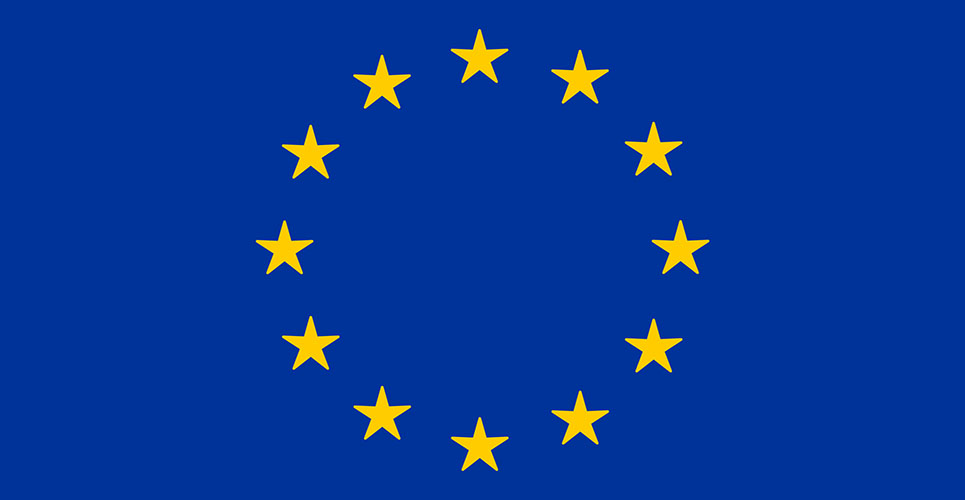teaser
Brian Edwards CBE
Emeritus Professor of Healthcare Development
University of Sheffield
UK
Piece by piece, clinical scientists are beginning to unlock the secrets of cancer. For the most part, we know how the disease mechanisms work, and we increasingly understand the genetic and environmental factors that trigger them. This understanding eventually leads to methods of diagnosing, intervening and treating. As cancer is predominantly a disease experienced by the elderly, it is often complicated by comorbidities.
All of this makes treatment programmes extraordinarily complex, involving many professionals and disciplines, and often multiple hospitals. The advent of personal drug regimens tailored to individual DNA will add another layer of complexity when these drugs become available on a wide scale.
In many ways, the challenge is to exploit the science we already have rather than push for even more discovery. If we could find delivery systems that consistently applied our existing knowledge to all patients, the impact on recovery rates would be remarkable. In the UK, much progress has been made, by developing cancer networks which attempt to generate integrated patient pathways with standard operating protocols. These protocols should show little difference at national level, except for the question of funding.
Cost is of course a major issue, as it always is with new science, which makes it all the more important that new drugs are properly trialled prior to extended use. The temptation to move quickly on the basis of positive early results can be dangerous. For example, a lot of available drugs do little to extend lifespan. Some, however, have benefits such as a significantly lower nausea profile, which, for patients, is a sizeable benefit that needs to be factored into any economic evaluation. There is increasing collaboration between national health systems and ministries of health in the field of technology assessment, and this should be welcomed. It would be good if the assessment processes could be sped up so that drugs that pass the test can be made widely available, if they can be funded.
Complementary medicine has always been strong in the field of cancer, perhaps because of the absence of a full range of effective and scientifically validated treatments. Most do nothing to slow down or cure the disease, but some have dramatic impacts on patient attitudes, which can stimulate unexpected consequences. There is still much we do not know about the power of the mind, and the growing body of research in this field might eventually yield important results.
The principal preventative measure, smoking cessation, is now well established. One by one, cities are lining up to follow the lead set by Dublin, with a total ban in public places. Smoking has been largely eliminated from air travel, and tobacco advertising increasingly restricted. The arguments about personal freedom are slowly being overwhelmed by evidence about secondary impacts on nonsmokers. A total workplace ban can only be a few years away in Europe.

